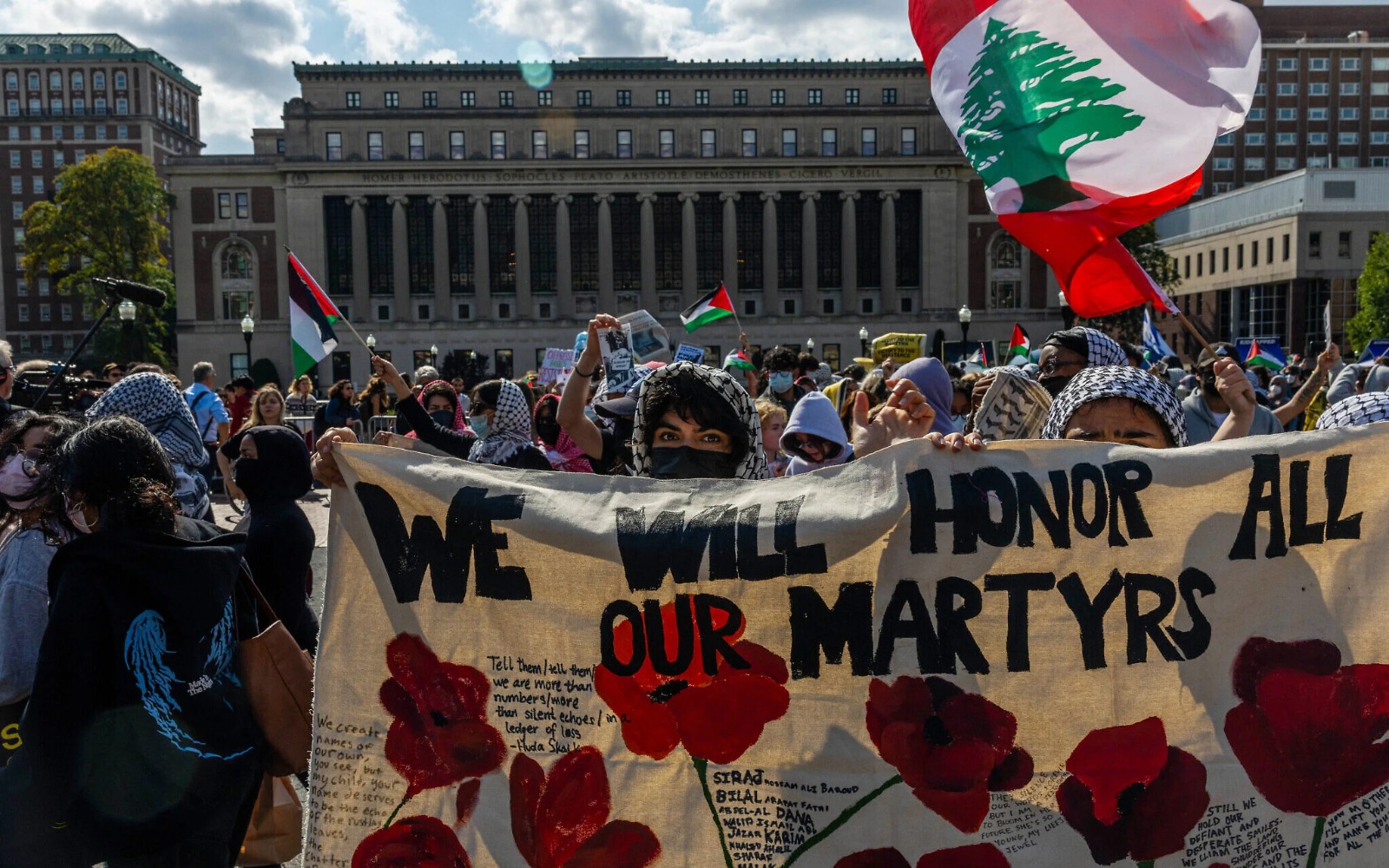
Tufts University, Rumeysa Ozturk was taken by plain-clothed officers into an unmarked vehicle in broad daylight outside her Massachusetts campus. The video has ricocheted across social media, igniting outrage. Rumeysa Ozturk, a Fulbright Scholar studying child development, is now in a Louisiana detention facility. No formal charges. No trial date. Just silence.
She is one of more than 300 international students whose visas have been revoked in recent weeks, according to the U.S. Secretary of State Marco Rubio. It’s part of what the Trump administration is calling a necessary crackdown on antisemitism and political extremism within U.S. academic institutions.
But critics—students, legal experts, and civil liberties advocates—see something different: a sweeping attack on free speech. And immigrant voices, in particular, are being silenced.
Rubio didn’t mince words.
“I don’t care what movement you are involved in,” he told reporters. “Why would any country in the world allow people to come and disrupt? We gave you a visa to come and study and get a degree, not to become a social activist.”
In his view, foreign nationals attending U.S. universities have no business engaging in campus activism. Speaking from Guyana, Rubio suggested that “maybe more than 300” students have already had their visas pulled. That number is expected to grow.
The trigger? Expressions of support for Palestine—whether through op-eds, protests, or online posts.
But immigration attorneys and scholars say what’s unfolding is more than a policy shift. It’s a red line.
The legal justification hinges on the Immigration and Nationality Act. It gives the government power to deny or revoke visas from individuals deemed “adversarial to the foreign policy and national security interests” of the United States.
That phrasing is intentionally broad. And it’s being used to deport—or detain—students like Rumeysa Ozturk, whose only public expression was an op-ed urging Tufts to cut financial ties to Israel and acknowledge what she called “Palestinian genocide.”
Her lawyer, Mahsa Khanbabai, says Ozturk’s political speech appears to have played a direct role in her detention.
“She did not attend protests,” Khanbabai told Reuters. “Her exercising her free speech rights appears to have played a role in her detention.”
The American Association of University Professors (AAUP) called the visa revocations a direct assault on academic freedom.
“The Trump administration is going after international scholars and students who speak their minds about Palestine,” AAUP President Todd Wolfson said. “Make no mistake: they won’t stop there.”
Senator Elizabeth Warren, a Massachusetts Democrat, called the arrest “an attack on our Constitution and basic freedoms”
So far, legal challenges have begun to emerge. A federal judge has already halted the deportation of Yunseo Chung, a legal permanent resident and Columbia University student, citing due process concerns. Advocates expect more lawsuits to follow.
This is not only about individuals.
In January, the White House revoked $400 million in funding from Columbia University, citing failures to address antisemitism. Other institutions have been warned they could face the same fate.
The administration insists this is a security measure, not a political witch hunt. Homeland Security spokeswoman Tricia McLaughlin stated that Rumeysa Ozturk “engaged in activities in support of Hamas, a foreign organization.” However, no public evidence has been provided. And no charges were filed.
Meanwhile, Columbia graduate student Mahmoud Khalil, a Palestinian activist, remains in detention in Louisiana without formal charges.
This moment represents a crossroads for academic institutions, immigration policy, and the very idea of free expression in the U.S.
“This is not just about Palestine,” Wolfson warned. “They will come next for those who teach the history of slavery or who provide gender-affirming health care or who research climate change or who counsel students about their reproductive choices.”
The implications go far beyond campus. When political expression becomes grounds for expulsion—or detention—the line between democracy and authoritarianism gets harder to define.
And for many students watching Ozturk’s case unfold, the message is loud and clear: the price of speaking up might be your future.
Share this article: